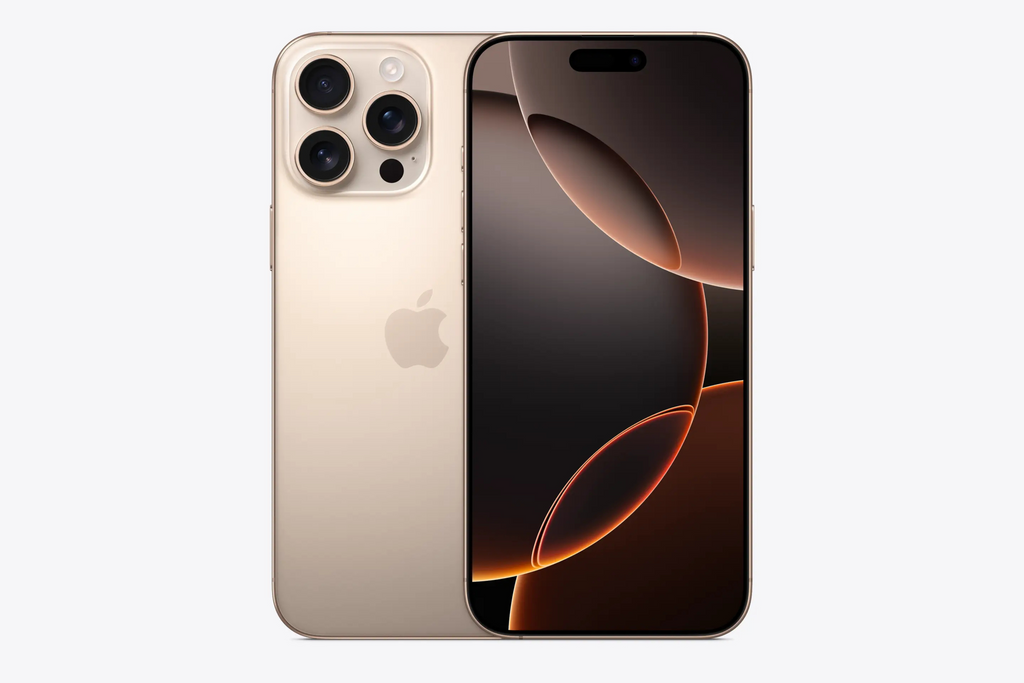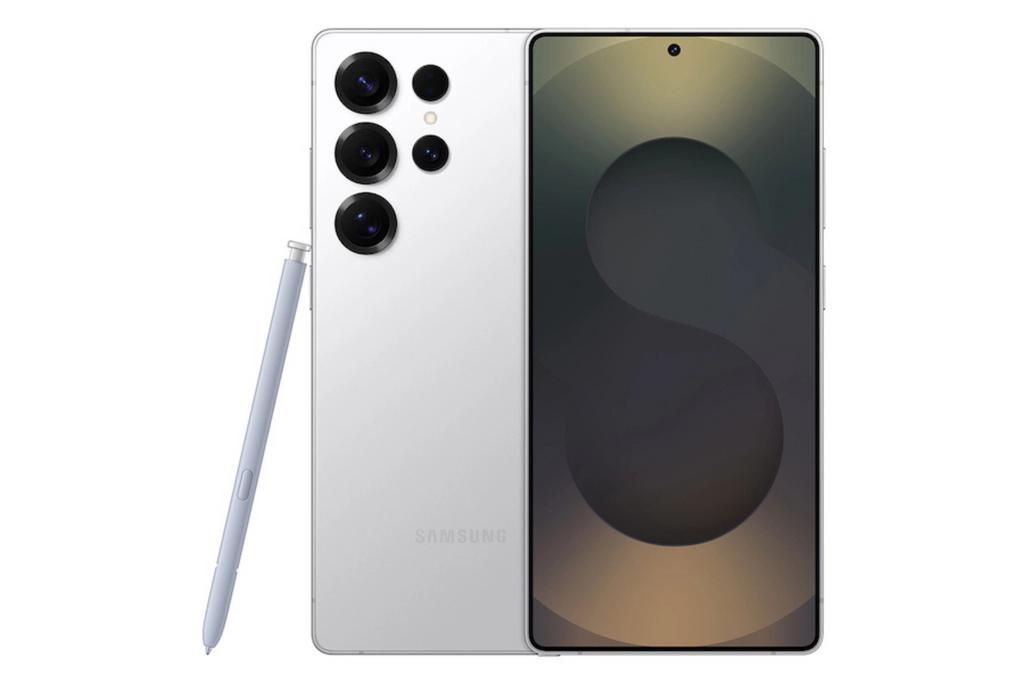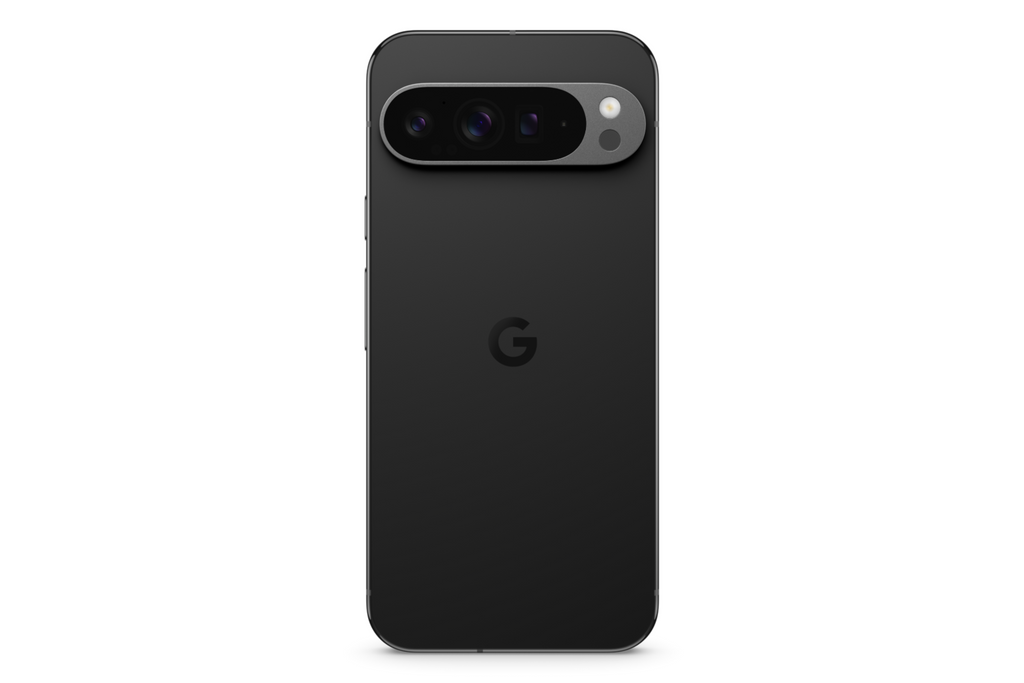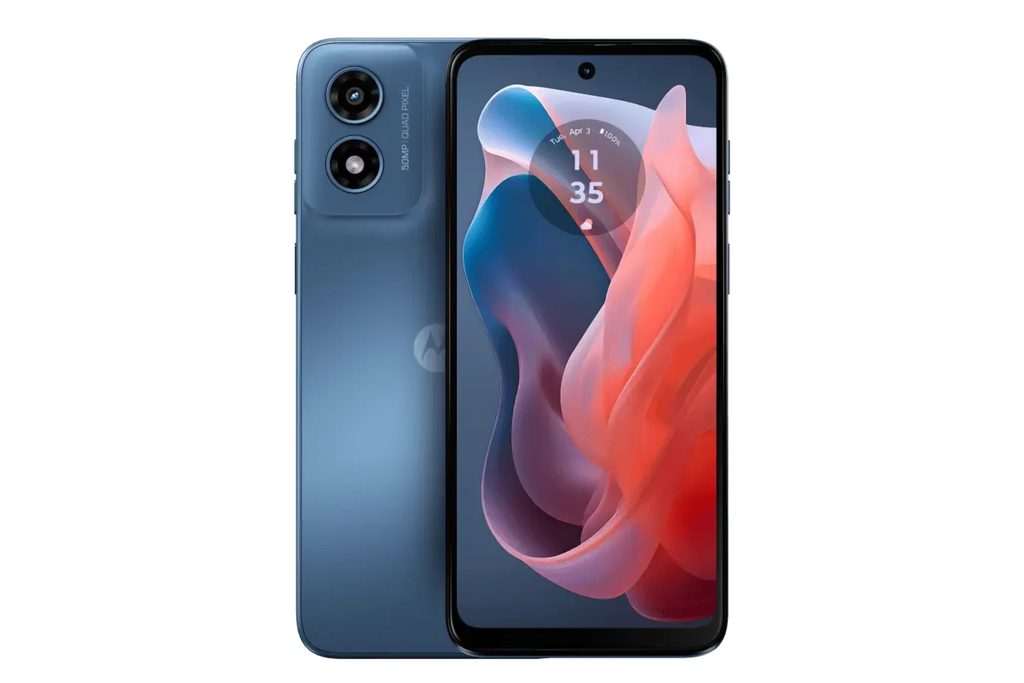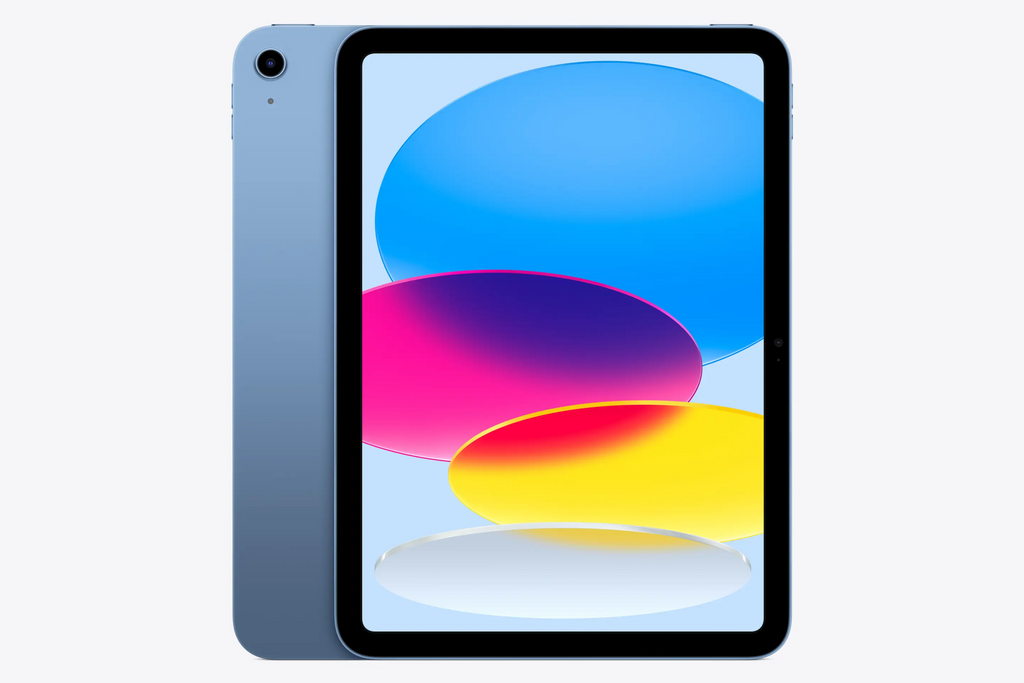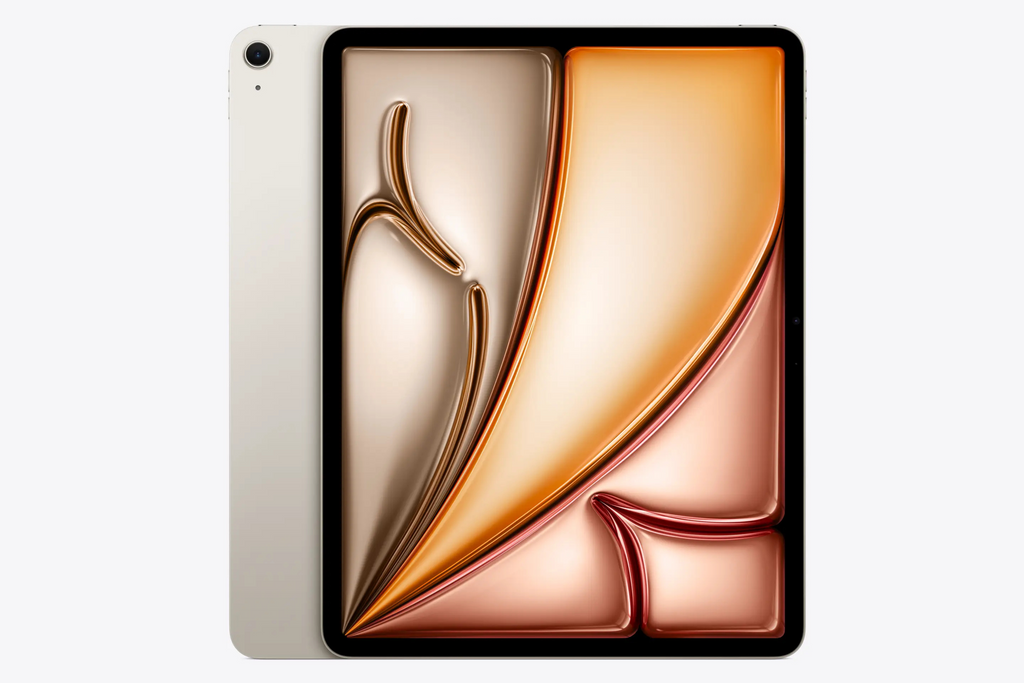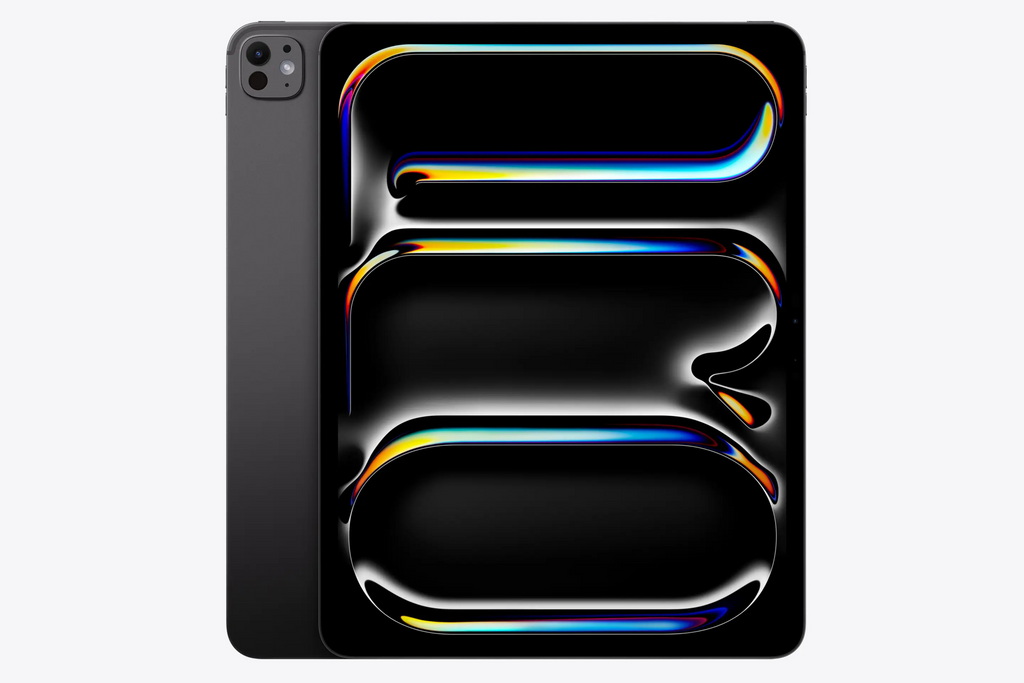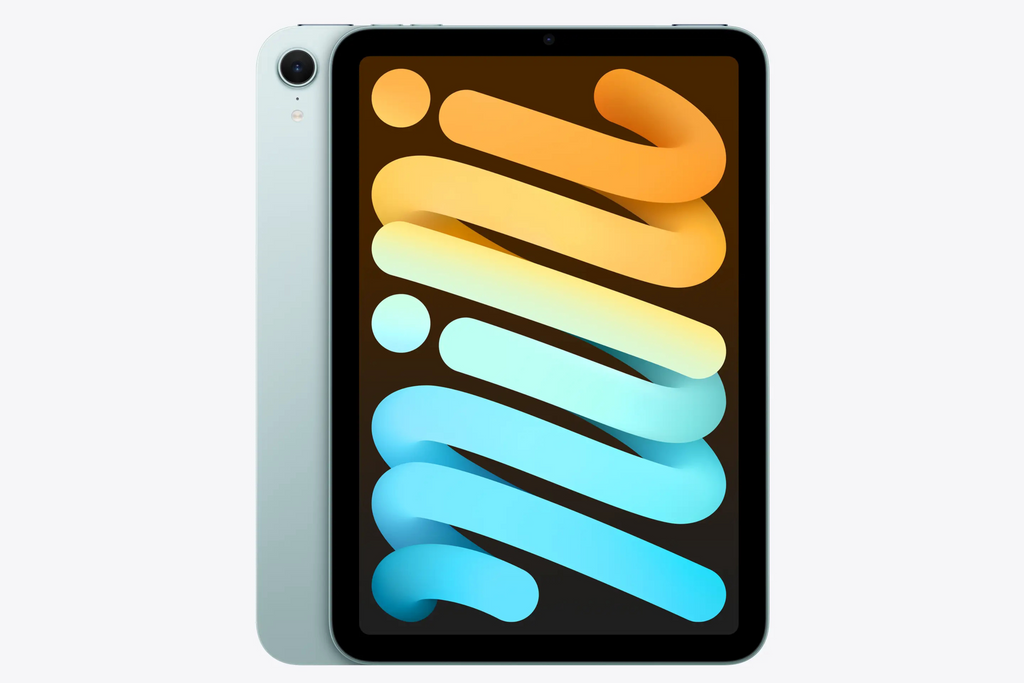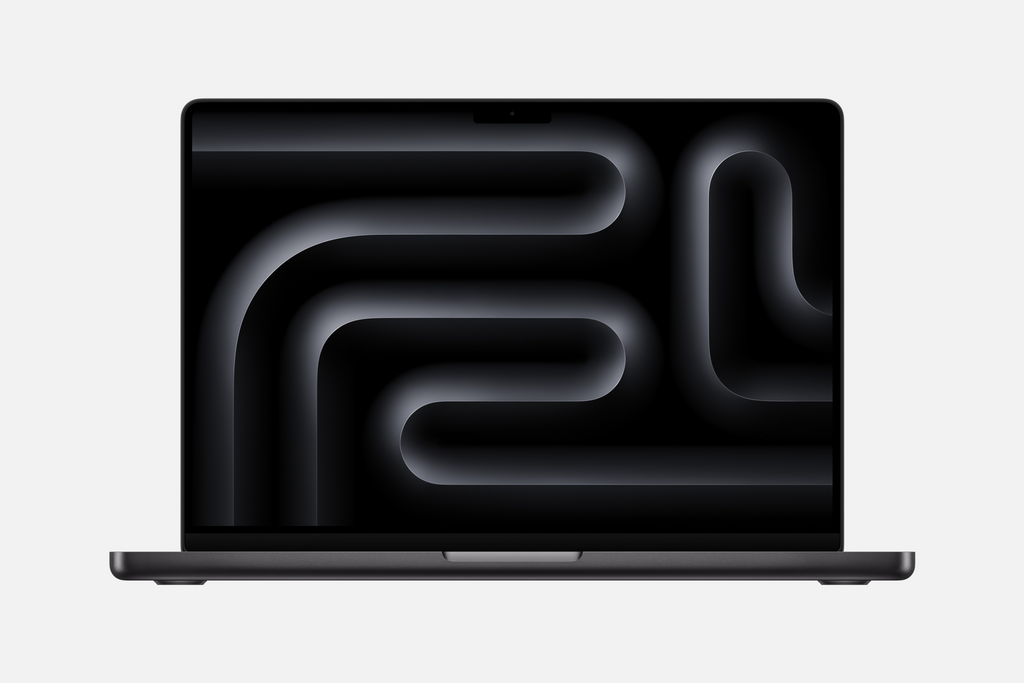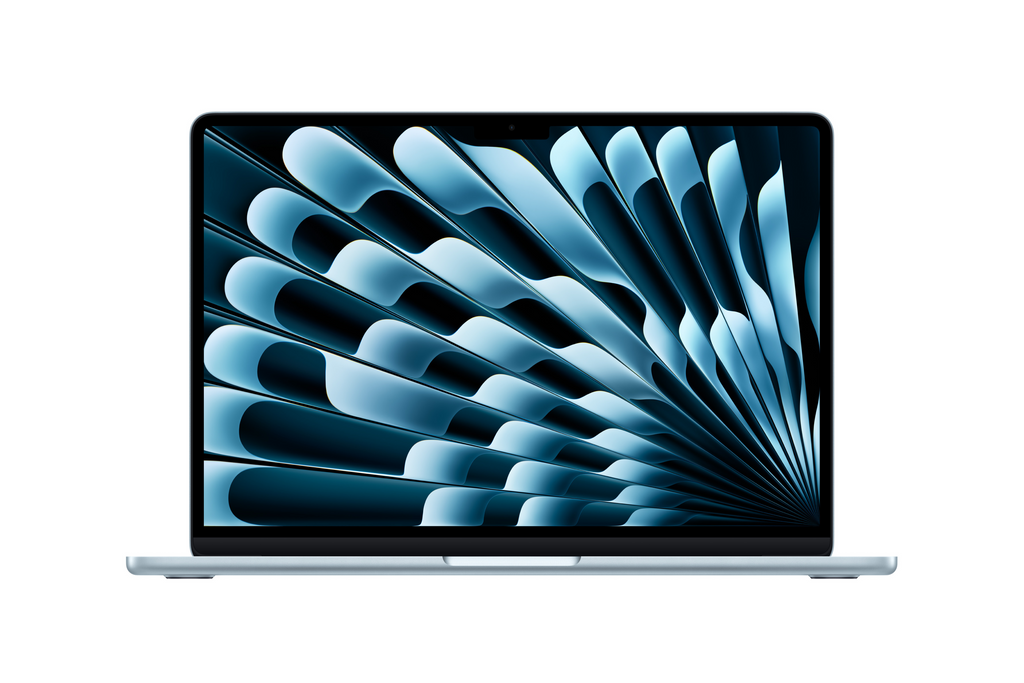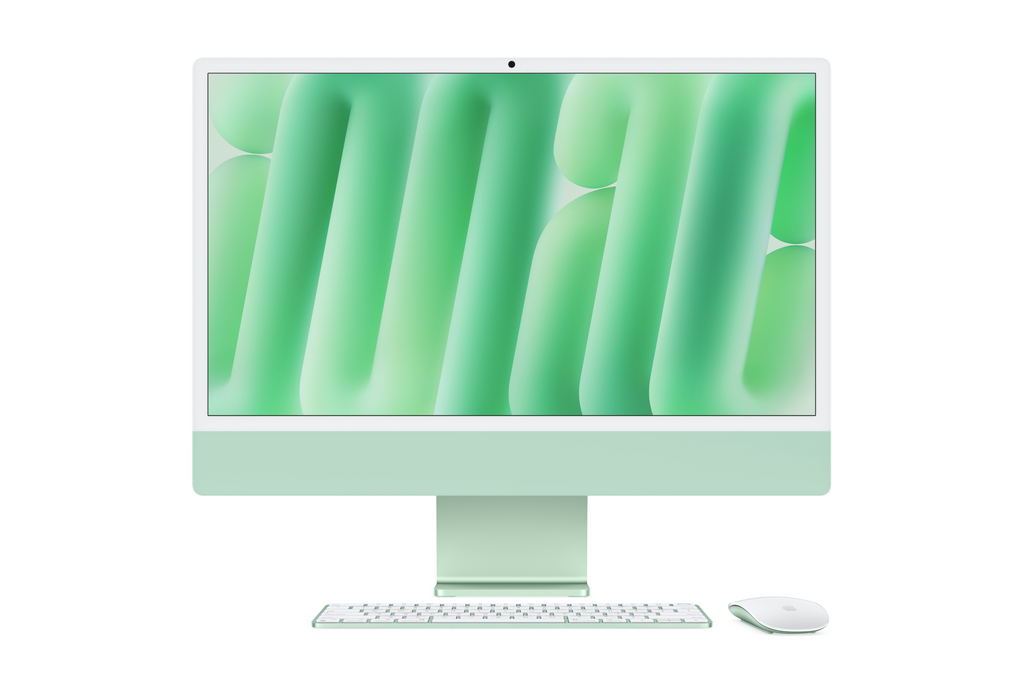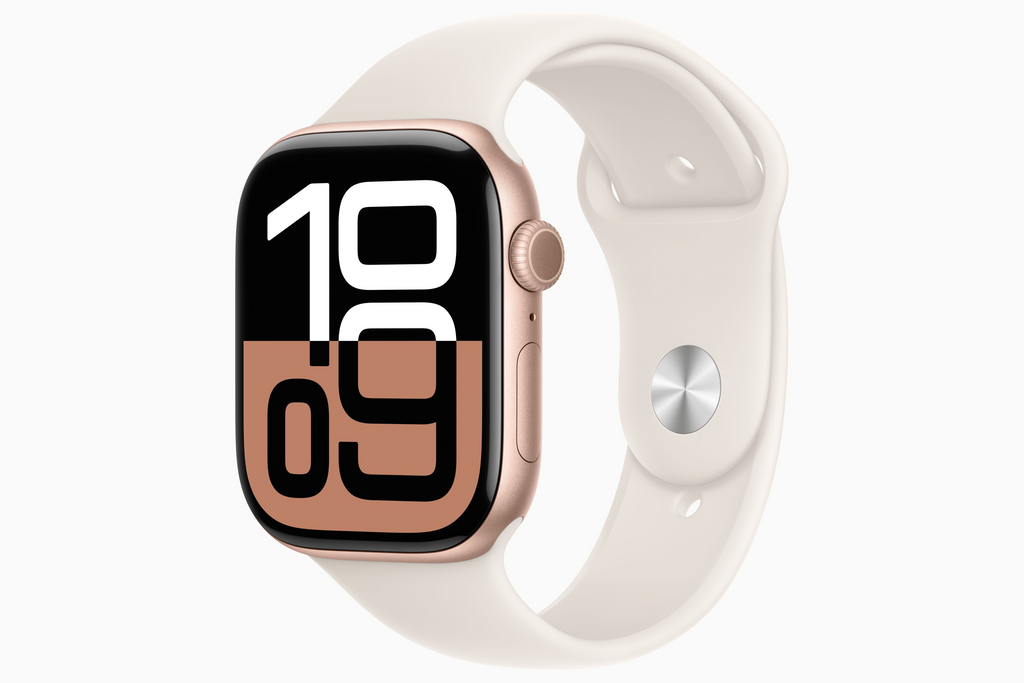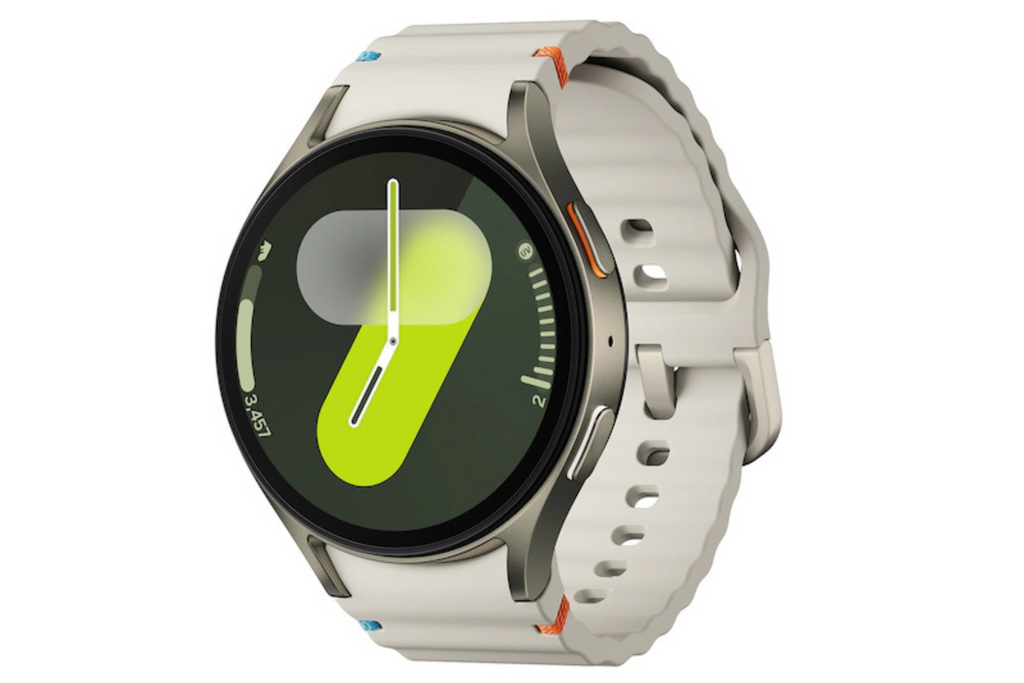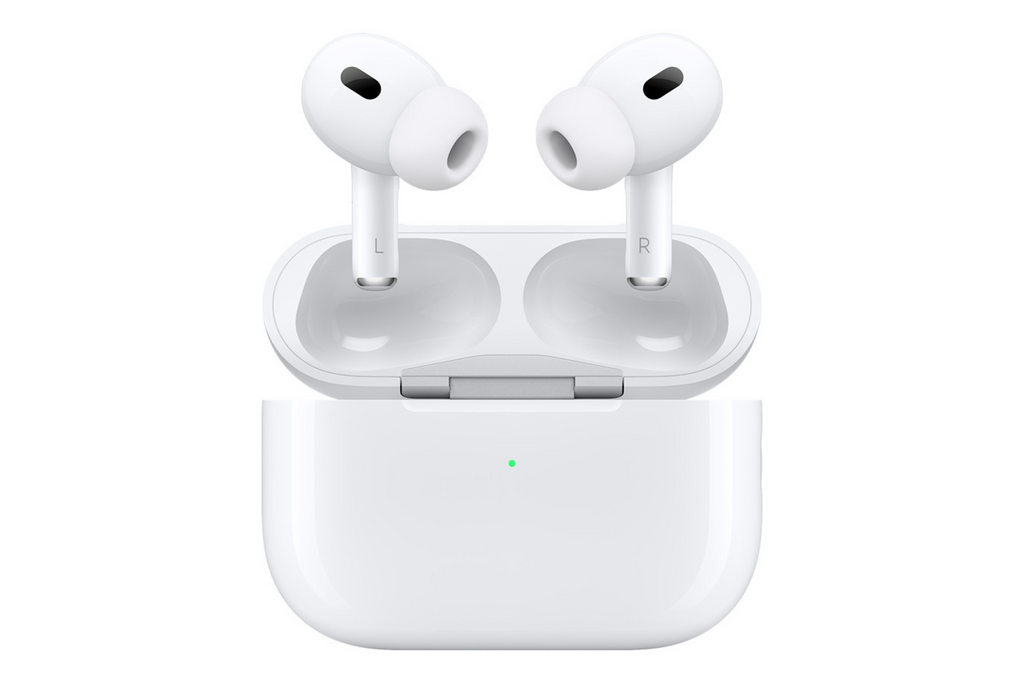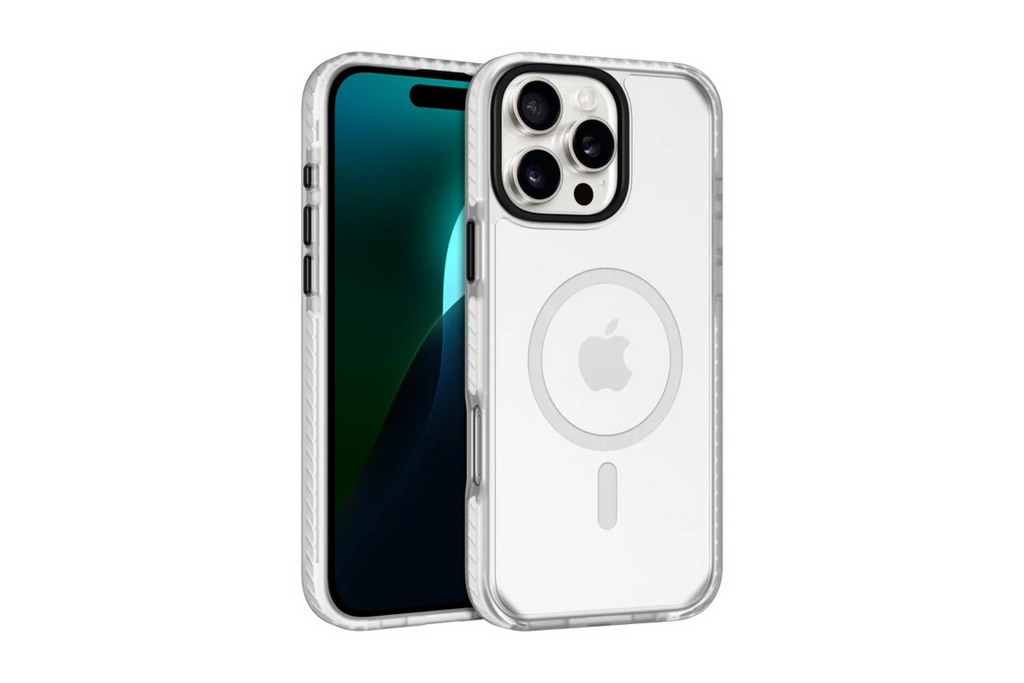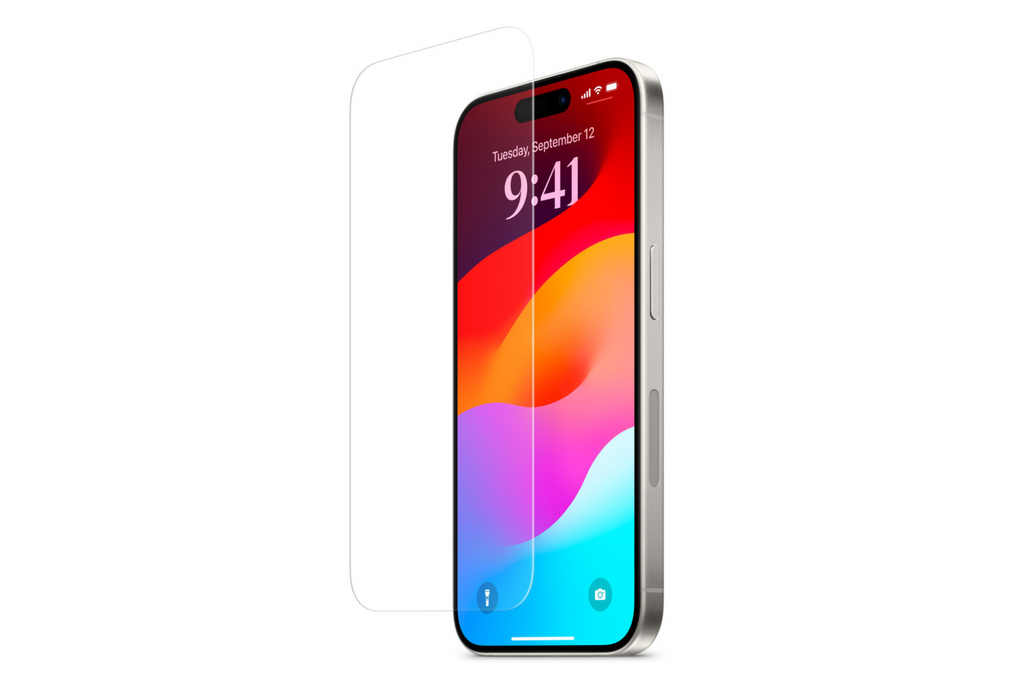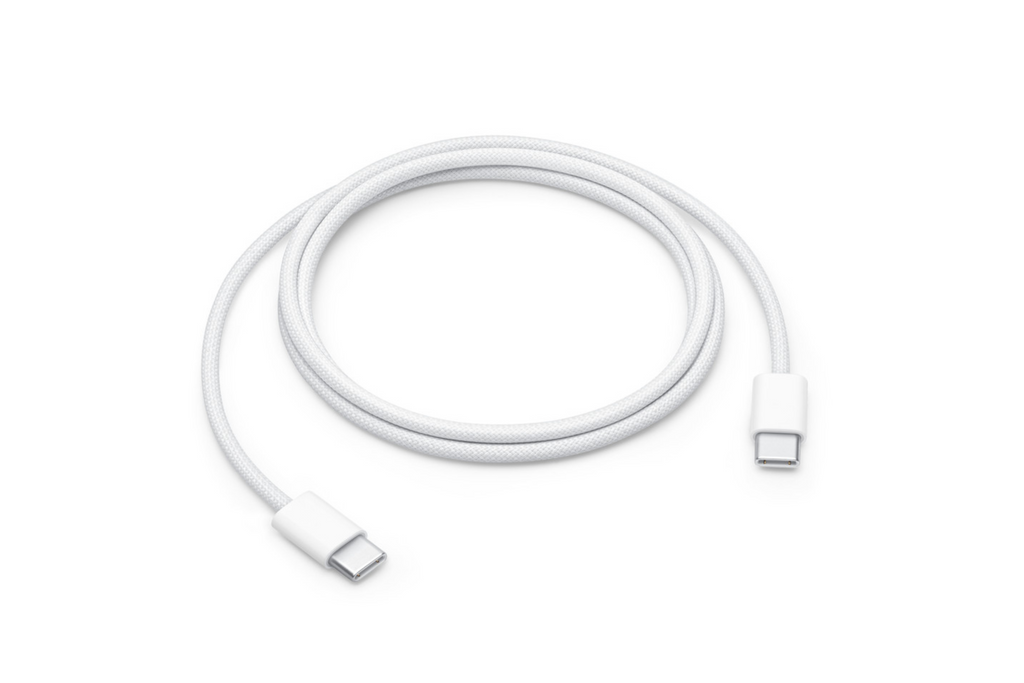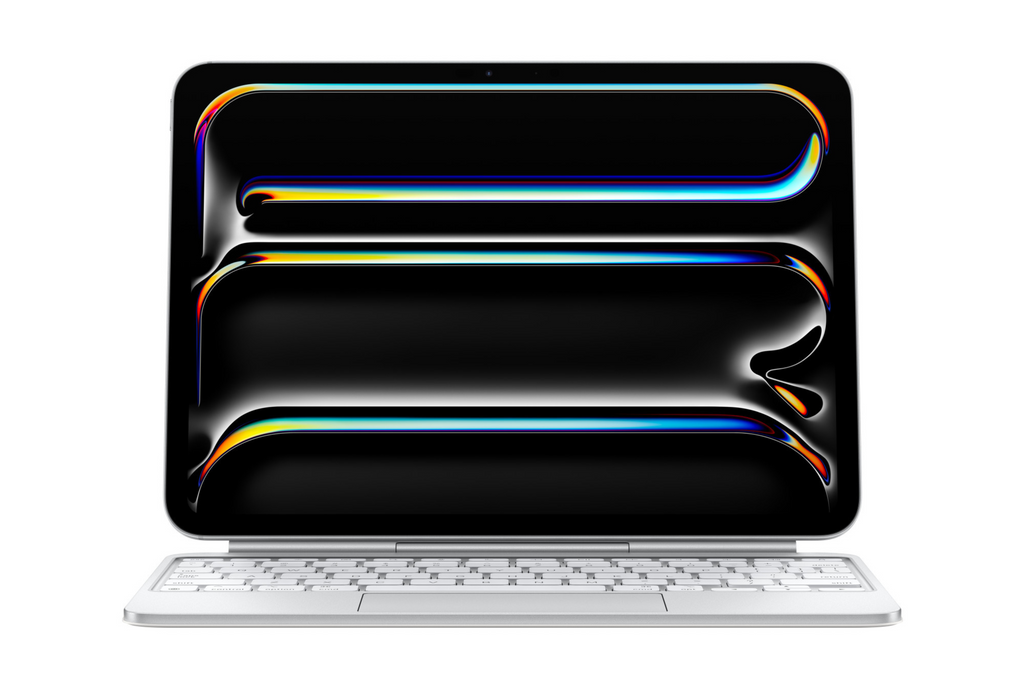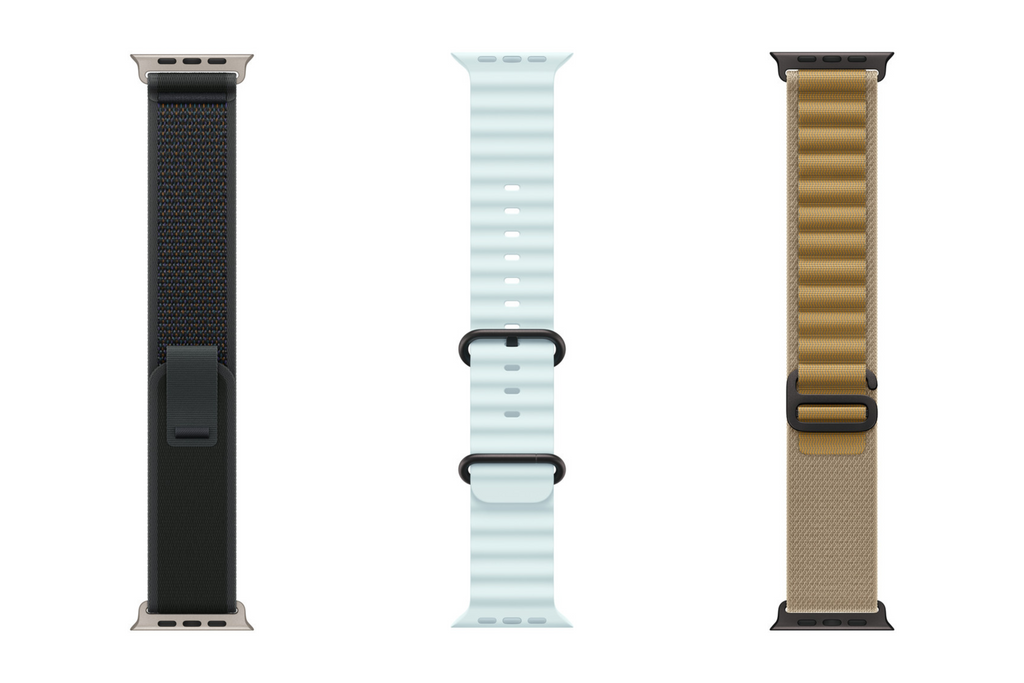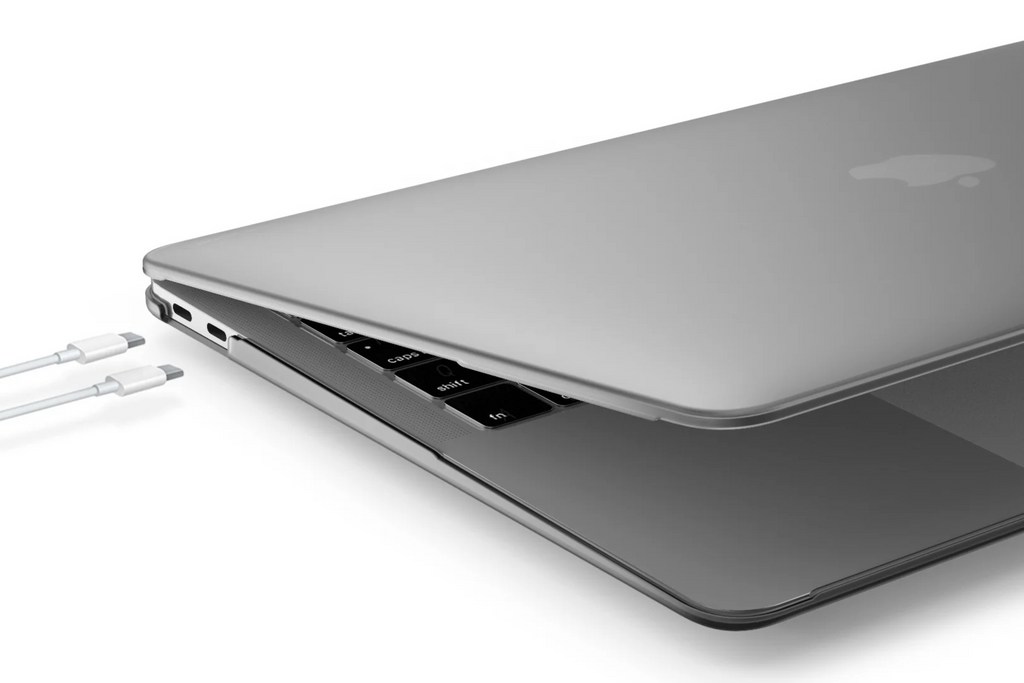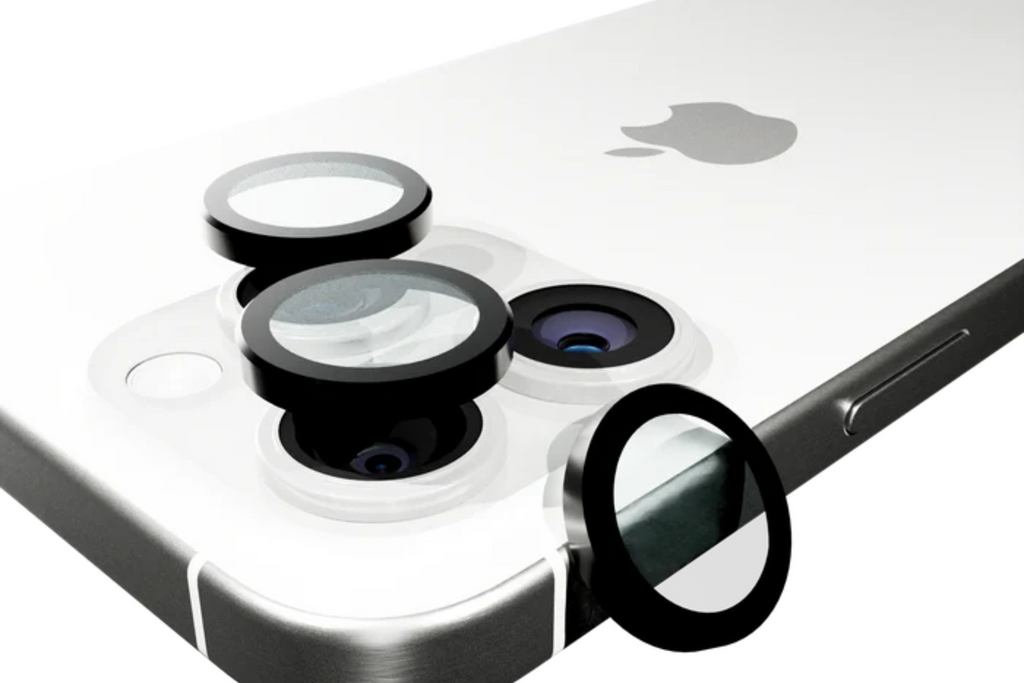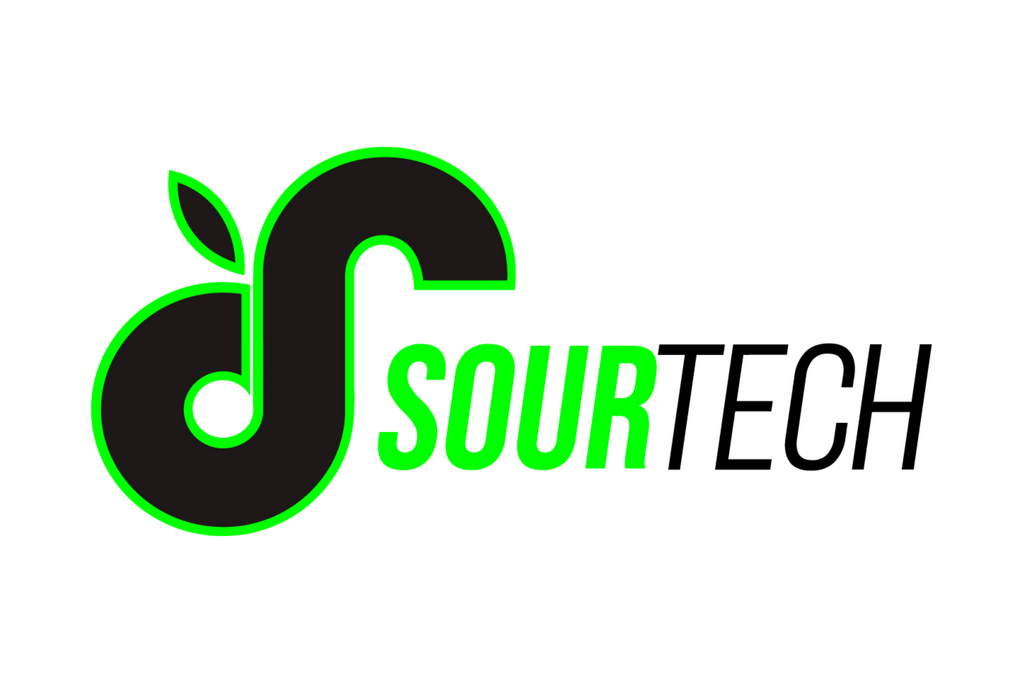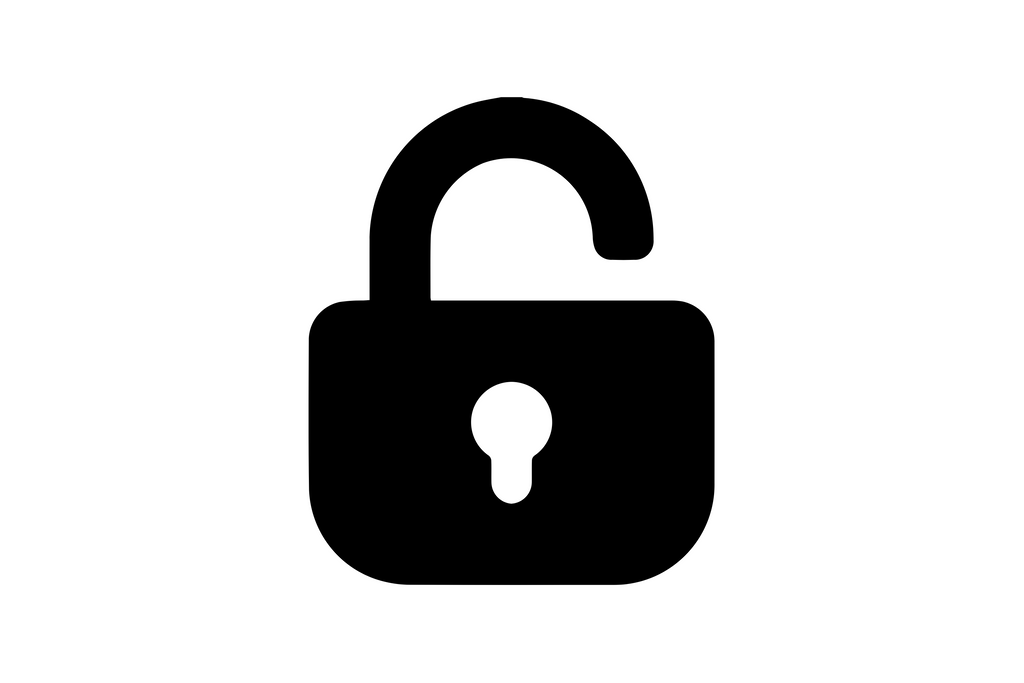iPhone vs. Android: Which One is Worth Your Money in 2025?
Share
In 2025, the battle between iPhone and Android continues to be as intense as ever. With both platforms offering cutting-edge technology, the choice between the two comes down to personal preference, ecosystem, and value for money. Whether you’re considering upgrading your device or switching platforms, this guide will break down the pros and cons of both to help you make an informed decision.
1. Price & Value for Money
iPhone: The Premium Choice
Apple's iPhones are known for their premium pricing. The latest models, such as the iPhone 15 series and upcoming iPhone 16, offer powerful performance but come at a steep price. While Apple has introduced some budget-friendly options like the iPhone SE, the majority of its flagship models remain on the expensive side.
Pros:
- High resale value
- Long software support (5+ years)
- Premium build quality and experience
Cons:
- High upfront cost
- Limited customization
- Accessories can be expensive
Android: More Options for Every Budget
Android devices come in all price ranges, from budget-friendly phones like the Samsung Galaxy A series to premium flagships like the Google Pixel 9 and Samsung Galaxy S24 Ultra. This flexibility allows users to find a phone that fits their budget without compromising on features.
Pros:
- Wide variety of devices at different price points
- More choice in terms of brands and features
- Competitive hardware in flagship models
Cons:
- Some budget models have shorter software support
- Lower resale value compared to iPhones
- Software experience varies across brands
2. Performance & Hardware
iPhone: A Well-Oiled Machine
Apple’s custom-designed A-series chips, like the A17 Pro, deliver industry-leading performance. iPhones are known for their smooth and optimized software experience, and their hardware is built to last.
Android: Power-Packed but Varied
Android devices use different processors, such as the Qualcomm Snapdragon 8 Gen 3 and Google Tensor G3. While some flagship Android phones outperform iPhones in raw power, mid-range and budget models can sometimes lag in long-term performance.
3. Software & Updates
iPhone: The King of Software Updates
Apple provides iOS updates for at least five years, ensuring security and new features even for older devices. This makes iPhones a long-term investment.
Android: Improving, but Still Behind
While brands like Google and Samsung now offer four to five years of updates, many other Android manufacturers still lag behind, providing only two or three years of support for budget models.
4. Customization & User Experience
iPhone: Simple & Secure
iOS is known for its smooth experience, security, and ease of use. However, it lacks customization options, restricting users from tweaking their devices.
Android: Freedom to Customize
Android allows users to customize everything from home screens to default apps. If you love personalization, Android is the way to go.
5. Ecosystem & Compatibility
iPhone: Seamless Apple Ecosystem
Apple’s ecosystem is unbeatable if you own other Apple devices like a MacBook, iPad, or Apple Watch. Features like AirDrop, iMessage, and Handoff make the Apple experience incredibly smooth.
Android: More Compatibility & Choices
Android works well with a wide range of devices, from Windows laptops to smart TVs. However, the seamless integration seen in Apple’s ecosystem is harder to replicate.
6. Camera & Photography
iPhone: Consistently Excellent
Apple's iPhones deliver high-quality photos with great color accuracy and low-light performance. Features like ProRAW and Cinematic Mode make them a favorite among content creators.
Android: More Innovation & Choices
Many Android flagships now surpass iPhones in camera innovation. Brands like Google and Samsung are introducing AI-powered photography tools, higher megapixels, and better zoom capabilities.
7. Battery Life & Charging
iPhone: Efficient but Slow to Adopt Trends
Apple devices are optimized for battery efficiency, but iPhones still lack fast charging speeds compared to some Android counterparts. Apple has yet to fully embrace high-wattage charging and USB-C in all devices.
Android: Faster Charging & Bigger Batteries
Many Android brands now offer 65W, 100W, or even 150W fast charging, allowing you to charge your phone in minutes. Some Android phones also have larger batteries for extended usage.
Conclusion: Which One Should You Choose?
- Choose iPhone if you value long-term software updates, seamless ecosystem integration, premium build quality, and a smooth user experience.
- Choose Android if you want variety in pricing, better customization, innovative hardware, and faster charging options.
In 2025, both platforms are excellent, and the decision ultimately depends on your preferences and needs. Whether you’re an Apple fan or an Android enthusiast, you’re guaranteed to get a great device!
